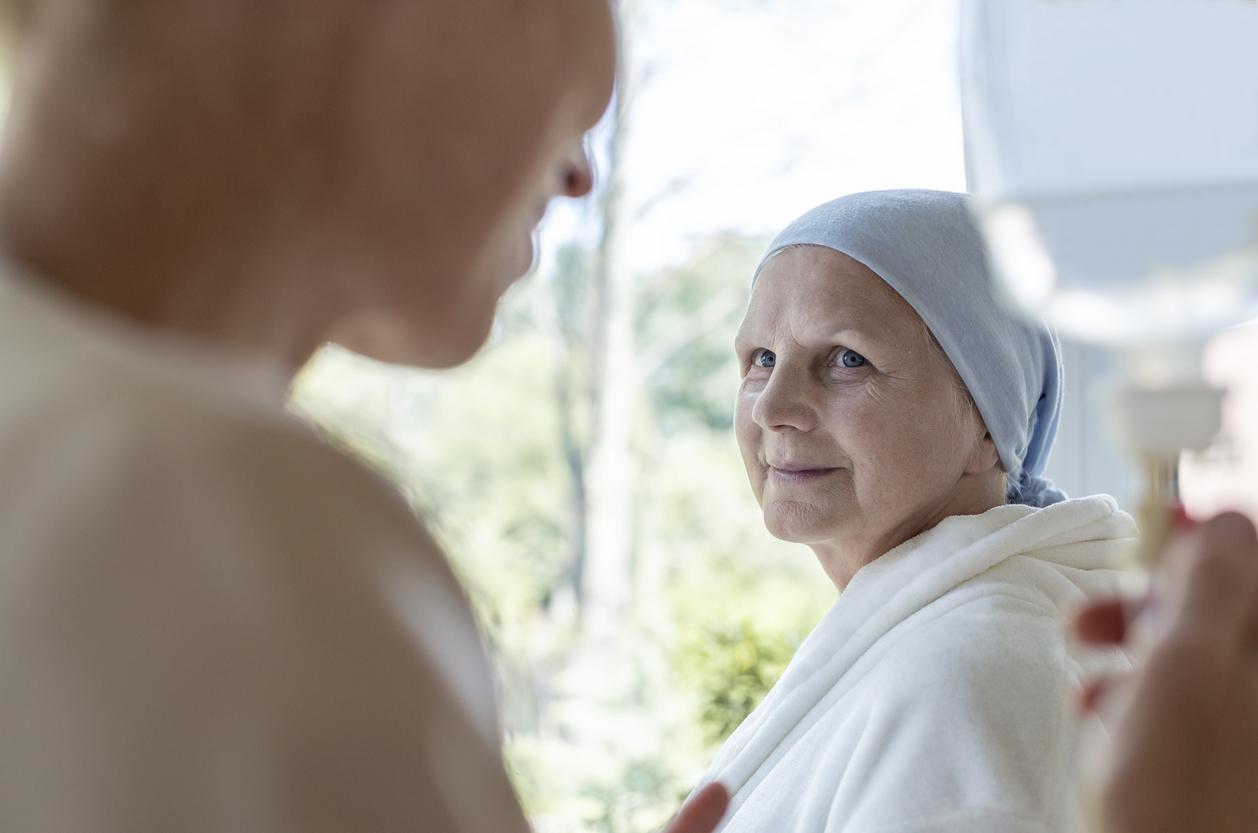What is the link between the cases of frostbite observed during the outbreak of the epidemic in Europe and Covid-19? This is what a young researcher sought to establish, whose work has just been rewarded by the Bettencourt-Schueller foundation. They put forward the hypothesis of a better immune response linked to genetic variations.

Improving scientific knowledge on Covid-19 and seeking new therapeutic avenues against this disease: this is the purpose of the research work that has just been rewarded with the 2021 scientific prizes of the Bettencourt-Schueller Foundation. Among the winners, Ahmad Yatim, 36, worked on a theme inspired by the observation of a multiplication of cases of frostbite in connection with the Covid-19 pandemic: “Resistance to SARS-CoV-2, the answer could it be in our genes? »
– Why Doctor: What led you to choose this research topic?
Ahmad Yatim : I was training in medicine and research in Lausanne when the epidemic arrived in Europe. When we saw the first cases of frostbite in March 2020, it was very intriguing and made me curious. There was something there that we did not understand and which deserved to be deepened!
– How did your work go and what answers did it lead to?
The dermatology departments received many patients with frostbite. These could be one of the symptoms of Covid, but it was very quickly observed that these patients had no sign of infection, the tests and serologies were negative.
On the other hand, they had all been in close contact with infected people. This prompted teams to consider that there was no link with the virus but that it was associated with lifestyle changes during confinement. The problem is that in Switzerland, there was no confinement!
It was therefore hypothesized that these patients were resistant to infection and that these frostbites would rather be a manifestation of innate immunity. The first work therefore consisted of validating the fact that these patients had a strong immune response.
– How to explain the link between these frostbites and the immune response to an infection?
Let us first recall that there are two kinds of immunity: the innate immunity that everyone has without needing to have already encountered the pathogenic agent and the adaptive response which is manifested by the antibodies produced in response to an infection.
Our hypothesis is that these patients had an innate immunity which was very strong. What we found was that they had a high production of interferons and people who have this very active pathway could not be infected with the virus.
At the time of the frostbite they had strong interferon responses. Their cells therefore had above-average capacities to detect the virus and produce this interferon.
– What explanation can be given for this peculiarity?
This is the third step: when we know that people have strong interferon responses, a high resistance to infection and that their cells are able to detect the virus better than others, the subject is to understand from what mechanism. And our hypothesis is that they have variations in their genes involved in this response that make them detect the virus better and block it very early.
– These patients would therefore have better natural protection. To the point of being able to dispense with a vaccine?
We had with the arrival of vaccines many patients who contacted us saying: is it necessary to be vaccinated since you have noticed strong resistance in us. The answer is yes, it does not replace a vaccine. I remind you that there are two immunities, the innate and the adaptive. The vaccine stimulates adaptive immunity.
But what we want to understand is how innate immunity is capable of getting rid of the virus on its own. But this will never replace vaccines because adaptive immunity has a memory while innate immunity has no memory and the vaccine helps to strengthen this memory by actually offering protection in a preventive way.
– Can this work lead to new anti-viral strategies?
For the moment we do not have antivirals that directly block the virus. The idea is to develop a complementary strategy to both vaccines and antivirals. This additional tool would stimulate the innate response to get rid of the virus as it does in some patients such as those with frostbite. This can be useful for treating patients who develop severe forms by boosting their innate response to help them defend against the virus.
– How to develop this innate immunity?
Already knowing why it is effective in these patients once we know which genes are involved in this innate response. One could then imagine stimulating the action of these genes by helping the cells to get rid of the virus themselves.

















